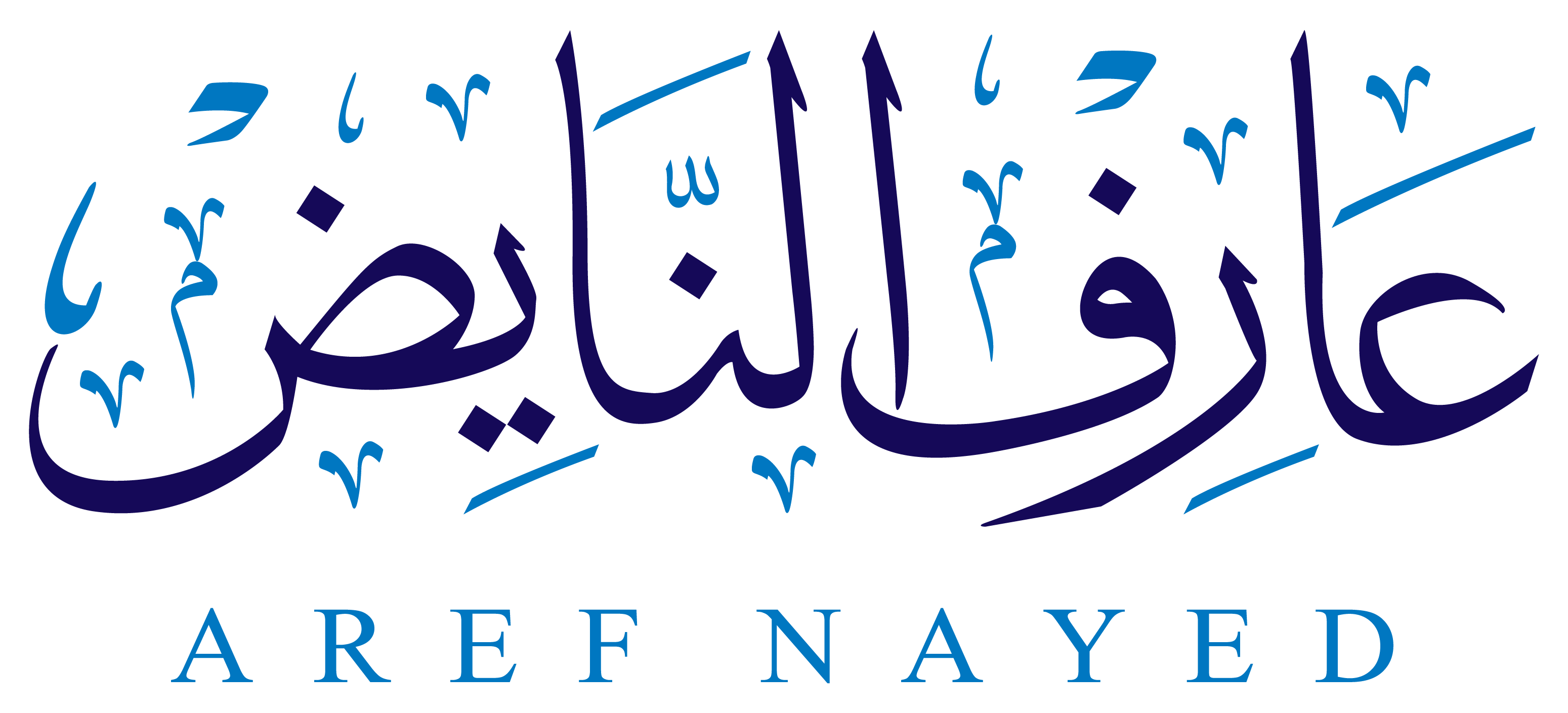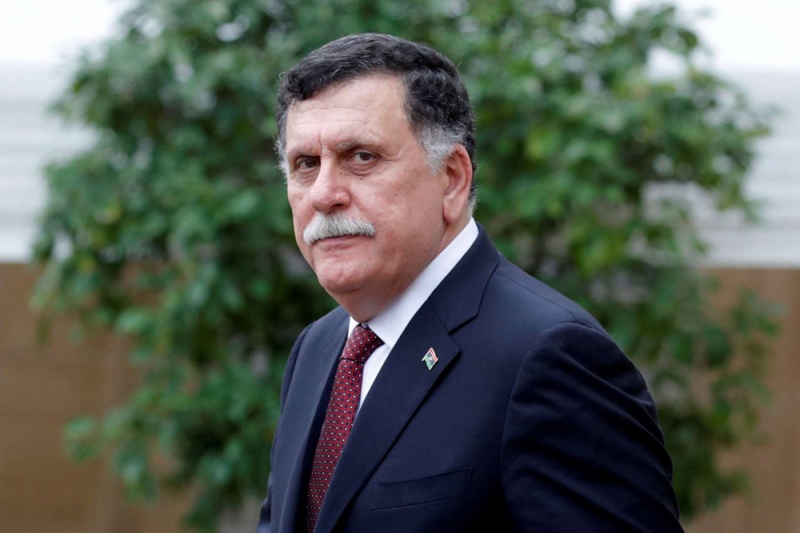Tripoli – The President of the Presidency Council of the internationally recognized Libyan Government of National Accord, Fayez Al-Sarraj, took advantage of the meeting he had with the European Union’s ambassador to Libya, Bettina Mushaydt, to persuade her to back down from supporting the holding of elections, as agreed upon in the Paris meeting.
A statement issued by Sarraj’s media office said that the two sides agreed on the importance of a unified European position on political issues in Libya, referring to the French-Italian conflict that escalated with the arrival of the new Italian government to power.
This worsening conflict between two of the European Union states impedes the settlement path pursued by the United Nations according to the plan of its envoy, Ghassan Salamé. On more than one occasion, Salamé criticized foreign interference in the Libyan file.
The French-Italian struggle for influence in Libya remained silent for years before it was triggered by the meeting held between Fayez al-Sarraj and Army General Commander Field Marshal Khalifa Haftar in Paris last year, to intensify after the conference held in France at the end of last May, which set a date for general elections on the tenth. From next December.
Italy refuses to hold elections and, in return, calls for the need to issue a constitution and reach a settlement that ends the divide in institutions and government agencies.
Italy recently resorted to the United States to convince it of its viewpoint on the Libyan crisis, which was reflected in the visit of Italian Prime Minister Giuseppe Conte to Washington and his meeting with President Donald Trump. Media reports considered that that visit had succeeded in undermining French efforts to hold elections before the end of the year, and that the Italian prime minister took advantage of Trump’s recent dispute with French President Emmanuel Macron during the G-7 summit to replace France in managing the Libyan file.
Italy is seeking, through its insistence on issuing the constitution, to postpone the elections, which means extending the life of its ally, the Government of National Accord
Italy supports the Government of National Accord and has kept its embassy in Tripoli open for years, unlike other Western embassies, to confirm that it has good relations with the armed groups controlling the capital, and which protect the Libyan government itself.
It is clear that Italy is seeking, through its insistence on issuing the constitution, to postpone the elections to about another year, which means extending the life of its ally, the Government of National Accord.
And the former Libyan ambassador to the UAE and candidate for the elections, Aref al-Nayed, said that during the rule of the Presidency Council of the Government of National Accord, Italy obtained privileges that it should not have obtained, similar to the immigration agreement and the movements of Italian fleets on the Libyan shores, in addition to the field hospital in the city of Misurata, which turned into a presence. Military in the city in the west of the country.
Observers accuse Italy of obstructing the implementation of the political agreement, especially with regard to the curtailment of armed groups, a role that Italian Paulo Serra played through the United Nations mission.
Serra, who ran the plan of a military advisor in the United Nations mission, is accused of strengthening the armed groups. Media reports also accused the Italian government of providing millions of dollars to some of the major armed groups that work in the field of illegal immigration.
Al-Sarraj agreed with the ambassador of the European Union on Monday evening that work will be conducted regarding the course of the elections under the umbrella of the United Nations, and that these elections should be held on a sound constitutional basis.
Al-Sarraj’s statements indicate his bias towards the Italian position, which rejects Paris’s interference in the electoral process and calls for the need to issue a constitution first. Observers considered these statements an attempt to withdraw European support from the Paris Agreement, to which Sarraj was a party.
And the Paris Agreement and the votes calling for elections have great European support.
The European Parliament called, days after the Paris Agreement, to support the parliamentary and presidential elections to be held in Libya on December 10.
This came during the meeting of the European Parliament’s General Assembly in the French city of Strasbourg, where 486 members of Parliament voted in favor of a recommendation on Libya, and 150 others rejected it, while 44 others declined to express their views.
Parliament recommended both the Council and the European Commission to intensify their efforts regarding the action plan for Libya.
He also called on members of the European Parliament to support the constitution that will be prepared in Libya after the elections. The European Parliament pointed to “Libya’s need for a government that is elected by consensus, and the importance of the Libyans themselves recognizing the future state system”.
Source : alarab.co.uk

